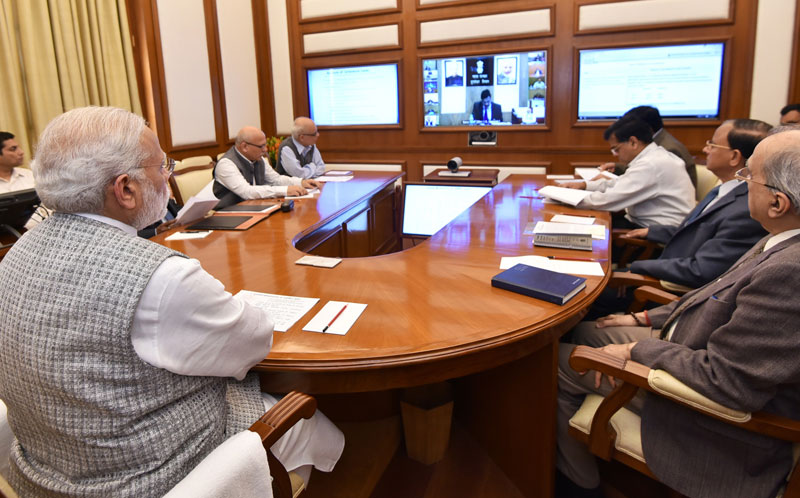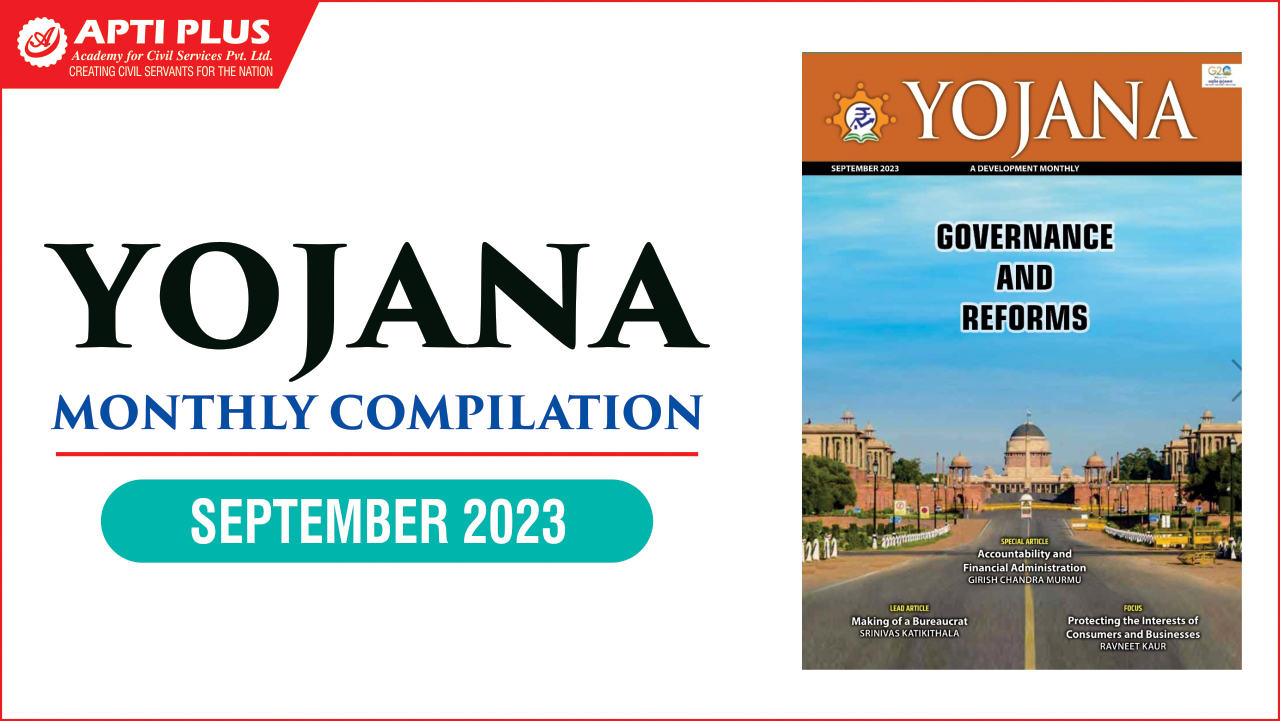Description

Copyright infringement not intended
Picture Courtesy: www.pmindia.gov.in
Context: The 43rd edition of PRAGATI, chaired by the Prime Minister, involved a review of eight projects that are crucial for various states in India.
Key Highlights
- Eight projects were reviewed during the meeting, falling into the following categories:
- Four projects related to water supply and irrigation.
- Two projects focused on expanding national highways and connectivity.
- Two projects involved rail and metro rail connectivity.
- These projects spanned across seven states in India, namely Bihar, Jharkhand, Haryana, Odisha, West Bengal, Gujarat, and Maharashtra. The cumulative cost of these projects amounted to approximately Rs. 31,000 crore.
- The Prime Minister highlighted the importance of using technology, particularly the PM Gati Shakti National Master Plan Portal and satellite imagery, to address issues related to project implementation and land requirements.
- In high population-density urban areas, the Prime Minister advised stakeholders to appoint nodal officers and establish teams to enhance coordination among various parties involved in project execution.
- The Prime Minister reviewed the progress of 'Mobile Towers and 4G Coverage' under the Universal Service Obligation Fund (USOF) projects. The goal is to provide mobile coverage to 33,573 villages with 24,149 mobile towers.
- The Prime Minister emphasized the need to set up mobile towers in all uncovered villages within the current financial year, ensuring comprehensive mobile coverage in remote areas.

PRAGATI
- PRAGATI, which stands for "Pro-Active Governance and Timely Implementation," is an ICT-based platform that serves as a tool for intergovernmental coordination and project monitoring.
- The platform was launched by the Government of India in 2015, and its primary purpose is to streamline governance and expedite the implementation of critical projects.
Key features and objectives of PRAGATI include:
- Interdepartmental and Intergovernmental Coordination: PRAGATI facilitates discussions and coordination between various central and state government departments. It brings together top government officials to discuss and resolve issues related to projects and initiatives.
- Timely Implementation: The platform's primary goal is to ensure that important projects are executed in a timely manner. It helps identify bottlenecks and challenges that might hinder project progress and works to address them promptly.
- Monitoring Progress: PRAGATI provides a centralized dashboard that enables real-time monitoring of project progress. This helps in tracking the status of various projects and identifying areas where intervention is required.
- Transparency and Accountability: PRAGATI promotes transparency in government operations by making information on project status and discussions accessible to concerned officials. It encourages accountability in meeting project deadlines and resolving issues.
- Addressing Public Grievances: The platform can also be used to address grievances and complaints submitted by the public regarding government services and projects. It allows for swift resolution of such issues.
- Paperless and Digital: PRAGATI is an ICT-based system, and it promotes a paperless approach to governance. It reduces the need for physical files and paperwork and streamlines communication through digital means.

Conclusion
- PRAGATI is a valuable tool for the Government of India to enhance governance efficiency, foster collaboration between different levels of government, and expedite the implementation of key projects for the development of various regions in the country. It reflects the government's commitment to improving public administration and service delivery.
Must Read Articles:
PRAGATI: https://www.iasgyan.in/daily-current-affairs/pragati
|
PRACTICE QUESTION
Q. What impact has the implementation of PRAGATI had on intergovernmental coordination and project efficiency in India, and what are some notable examples of projects that have benefited from this ICT-based platform?
|















